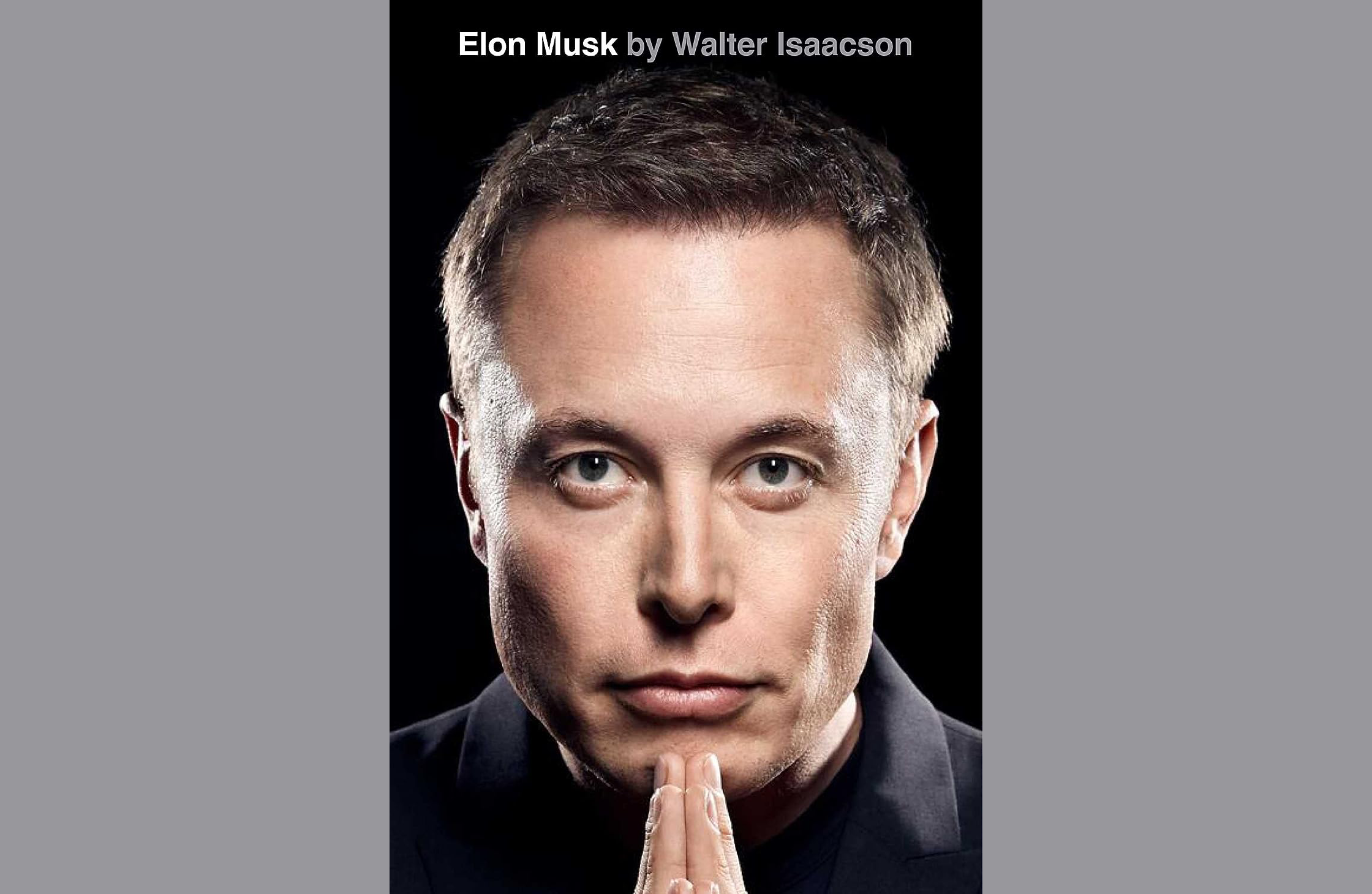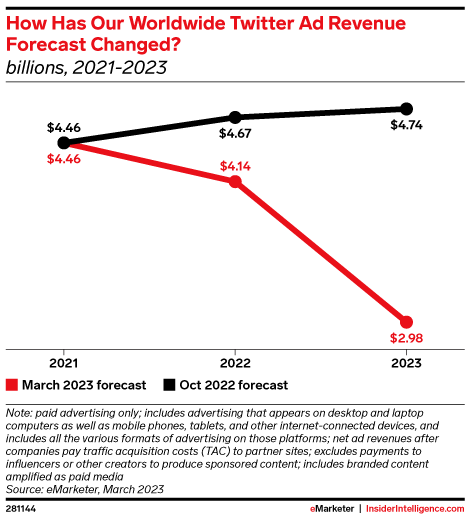Twitter's Delicate Balancing Act: Happy Advertisers and User Freedom
An in-depth analysis of Twitter's balancing act between user freedom and advertiser satisfaction, highlighting its business challenges and offering entrepreneurial lessons from Elon Musk's journey.

Twitter faces a growing divide between preserving product-market fit and an increasingly unsustainable underlying business. As the platform faces existential threats, its challenges serve as a cautionary tale for digital disruptors in aligning product evolution with business fundamentals.
"Twitter has a business model problem. You can’t just throw 80% of your revenue out the door and retain 25% of your expenses. That’s not a business model that works." - Mark Zuckerberg, Meta CEO.

The Core Twitter Product Still Resonates
Though known for recent controversies, Twitter’s product resonates with a large, niche user base. Several elements have fueled lasting product-market fit:
Simplicity Enables Real-Time Sharing
Since its inception, Twitter's minimalist user interface and trademark 140-character posts have lowered barriers to rapid, real-time engagement. The stripped-down sharing format enabled Twitter’s rise for up-to-the-second discussion unmatched by cluttered rivals. This simplicity in user experience remains core to its differentiation.
Brevity Inspires Precision
Unlike long-winded platforms, Twitter fosters punchy, precise communication styles by forcing concise posts. Constraint often breeds creativity and introspection. The brevity mandate has defined the viral, often newsworthy Twitter “moment.”
Speed Fuels: What’s Happening Now
As a product focused on real-time posting, Twitter remains the internet’s gathering place for what’s happening at any given moment. It enables instant sharing and reactions around current events, news, and niche interests. This immediacy explains Twitter's frequent description as the internet's collective nervous system.
While user growth has stagnated, these core differentiators have sustained loyalty amongst Twitter's most avid users through periods of company volatility. As a product, Twitter continues exhibiting a transparent market fit for a demanding niche audience.
"I think Twitter has probably had less business model innovation in the last seven years than any other big tech company," said venture capitalist Marc Andreessen.
But The Business Side Faces Deepening Cracks
Contrast the relative stability of Twitter's product-market fit to the deepening cracks in its business model. Their advertising-centric monetization strategy is faltering critically.

Advertiser Exodus Erodes Revenue
Well before recent leadership scandals, Twitter's ad business was projected to decline over 50% into 2023. Even under steady leadership, Twitter faced structurally slowing growth in ad spend across the social landscape.
Actions under new CEO Elon Musk have since sparked a mass advertiser pullout over controversies and content moderation concerns. Trust has eroded immensely despite Twitter's market-fitting product. This daunting decline in ad revenue presents massive long-term threats.
Diminishing Trust Repels Advertisers
As brand safety diminishes, many significant advertisers have paused or ended expansive ad partnerships core to revenue. Political figures spouting harmful rhetoric on Twitter have repelled brands wary of affiliation and stewarded sharp spending cuts across 2023.
Restoring advertiser trust likely requires sweeping changes to content policies and enforcement. But such moves could alienate portions of Twitter's product-loyal user base. Navigating this dilemma amidst internal instability presents a steep challenge.
This divide between a fitting product and a dying business model brews immense uncertainty for Twitter’s future.

Why Digital Disruptors Should Take Note
Around the world, digital platforms face growing disconnects between maturing product direction and outmoded business models. User bases and product DNA evolve while business operations struggle to keep growing. Rather than addressing divergence, many stalwart companies lull themselves into complacency - only confronting misalignment when a crisis hits.
Twitter’s saga offers universal lessons for digital disruptors old and new seeking to avoid similar pitfalls:
Ensure Your Business And Product DNA Align
In an early growth stage, Twitter’s simplicity and real-time pace organically fit ad monetization. But the product's increasing news, opinion, and controversy focus created inevitable clashes with extensive brand advertising - which seeks less divisive affiliation.
Leaders must routinely evaluate if evolving product experiences still align with the monetization model fueling them. Rather than maximizing short-term revenue at odds with product ethos, proactive shifts towards ecosystem-enhancing monetization preserve trust and sustainability.
Obsess Over Protecting Trust
Trust is the backbone for user growth, advertiser partnerships, and brand affinity. Yet trust is painstaking to build and shattered instantly by scandals or perceived indifference from leadership.
Had Twitter focused maniacally on protecting brand safety as its product environment grew more volatile, much of its current advertiser fallout may have been preempted. Trust is the ultimate currency - leaders must honor this in balancing stakeholders amidst scale.
"If advertisers think core content is objectionable, they’ll pull dollars to protect their brands. So the company has a quandary: principles vs profits." - Scott Galloway, NYU professor.
Instill Relentless Governance and Compassion
Lapses in governance, compassion, and judgment cripple both business and product advancement. Without a stable, empowering structure guiding innovation, volatility turns terminal, and breakthroughs stagnate.
Amidst its cultural and business model uncertainty, Twitter must rediscover ethical governance encompassing users, partners, and employees. This grounding can enable the innovation required to realign and thrive.
For today's digital disruptors, Twitter spotlights the growing chasm between market-fitting products and strained business models. Though its survival remains uncertain, transparency during unprecedented change is an opportunity to shape wiser decisions elsewhere. With focused leadership and strategic clarity, the platform may yet forge alignment.
So, while Twitter’s product shows glimmers of niche demand, failing to evolve monetization, trust, and governance to enable those product strengths risks a fatal spiral. But for emerging digital ecosystem guardians, much hangs in the balance: sustainable value creation requires broadening the narrow focus on profits towards purpose and compatibility between product and business experience. Though the odds seem stacked against Twitter, strangers bearing its lessons may yet avoid its pitfalls amidst their scale challenges.

5 Lessons Twitter’s Turmoil Teaches Entrepreneurs
Twitter’s unsteady path offers crucial business model lessons for founders building disruptive companies. While the platform’s future remains uncertain, transparency during this turbulence provides a blueprint to inform wiser strategic decisions elsewhere.
Continual Business Model Iteration
Twitter’s Downfall: Complacency around their advertising-centric business model despite product and user base shifts. Failure to proactively adapt.
The Lesson: Continually re-evaluate whether your monetization strategies align with users and product DNA as evolution occurs. Be ready to adapt business models iteratively.
An Unwavering Focus on Trust
Twitter’s Downfall: Allowing brand safety and trust to deteriorate amongst advertisers and partners.
The Lesson: Obsess over protecting trust and brand reputation. Install governance to address risks before they become crises.
Revenue Diversification
Twitter’s Downfall: Over-reliance on advertising despite its misalignment with an informational product.
The Lesson: Pursue diversified revenue streams and avoid dependence on single monetization models vulnerable to disruption.
Ethical and Stable Governance
Twitter’s Downfall: Leadership Instability Accelerating Cultural and Business Model breakdowns.
The Lesson: Instill steady, empowering governance encompassing users, partners, etc. Chaos is viral - structure enables innovation and cohesion.
Aligning Business and Product Evolutions
Twitter’s Downfall Accelerating divergence between an engaged user base and declining business fundamentals.
The Lesson: Innovate business models continually to match user expectations and product capabilities evolutions. Avoid disconnects.
For entrepreneurs building transformational companies, avoid mirroring Twitter’s shortfalls and leverage lessons their transparent turbulence teaches. Sustainable ecosystems require balancing exciting product revolutions with stewarding aligned, ethical, and stable business operations. By learning from such digitally native challenges, new guard companies can preempt similar pitfalls - and realize full disruptive potential by leading parallel innovation across both business and product frontiers.



